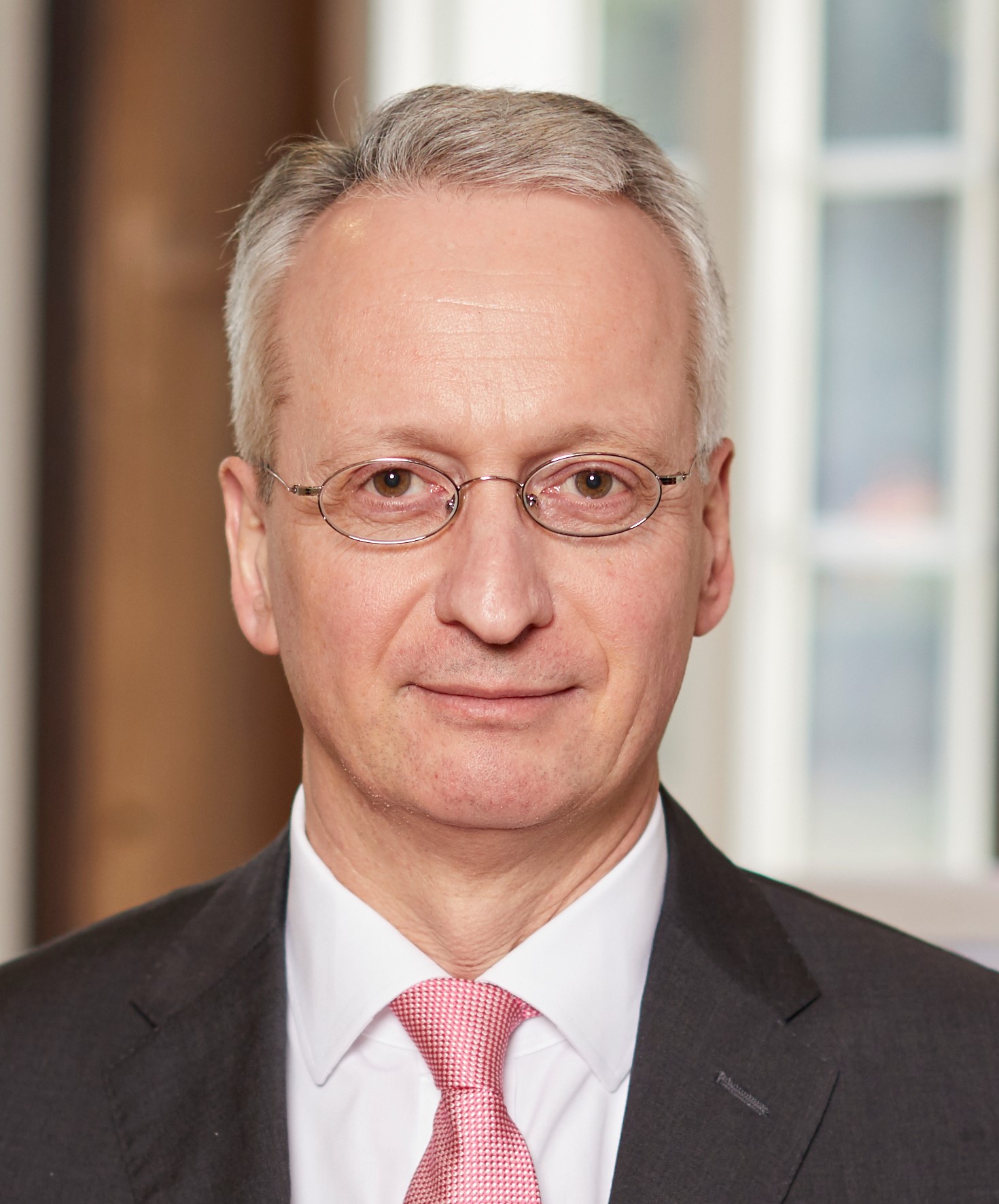The Future Potential of Vocational Education and Training: Strengthening VET for the next generation
For the seventh time, the Swiss Federal University for Vocational Education and Training SFUVET invites researchers to engage in an exchange of ideas and research findings and to reflect on VET issues. We encourage contributions related to the leading topic of the congress and also welcome all other areas and topics of VET research.
The theme, “The future potential of vocational education and training: Strengthening VET for the next generation”, alludes to the divergent developments that vocational education and training has been facing in recent years. The proportion of young people entering VET has declined in many countries, and academic education has expanded. Yet VET, and particularly firm-based VET, has been put forward as a remedy for youth unemployment. Consequently, numerous countries have attempted to strengthen VET in order to integrate young people more swiftly into the labour market after completion of upper-secondary education. At the macro level, VET has been recognized as a factor that influences economic prosperity and contributes to an adaptable and multiskilled workforce. However, VET has also been held responsible for hampering workers’ ability to adapt to changing skill demands because its teaching of general skills may be too limited.
These developments raise two questions: How does vocational education and training adapt to the new challenges and diverging trends? Which factors contribute to strengthening or weakening vocational education and training at the level of national economies, educational systems, schools, firms, and individual learners? The Congress aims to contribute to these questions and provide an overview of national and international VET research activities. We welcome all areas of VET research. The Congress also aims to facilitate academic exchange between leading institutions and to present the latest international research findings from various academic disciplines.
We are looking forward to meeting you.
Prof. Dr. Irene Kriesi (Chair of Congress) and Dr. Sonja Engelage (Co-Chair)




